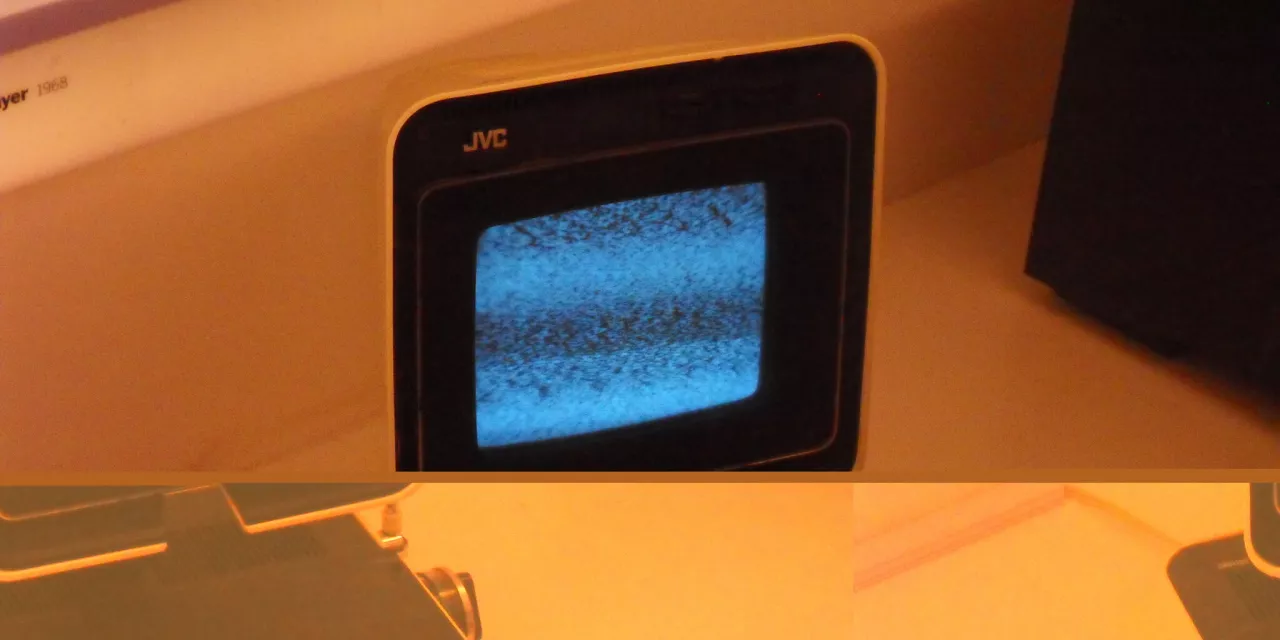A short retrospective ...
So now Big Brother is to be firmly placed on the autobahn, after all. And this is how: After a series of murders of women, each committed near the German motorways, suspicion fell upon a truck-driver. This also marks the birth of the idea to use data from the new toll system, which originally were meant to serve only toll fee collection, for criminal prosecution. But this is — with good reason, we think — not allowed by existing legislation. Now a draft bill from the offices of Federal Interior Minister, Dr Wolfgang Schäuble, is going around the ministries, aiming at the abolition of these tight restrictions. The promise made by legislators that the toll collection infrastructure would never turn into a surveillance infrastructure is about to be broken in the near future. Incidentally, when the 2002 BBA was given to the operators of the toll-system, TollCollect, we had warned of this already — and we really don't enjoy being right with sinister predictions.
In September 2006 it was decided to introduce a fee for computers with access to the internet, a radio or a TV card, applicable if the owner is not already paying a radio or TV licence fee. This will create a grand new field of work for the house-to-house investigators from the GEZ (Gebühreneinzugszentrale), the organisation that collects these fees and is always on the lookout for licence dodgers. And it will make the system of financing public broadcasting even more complicated than it is now. The GEZ received the Big Brother Award in 2003 for their lifetime achievement. Their sounding out of neighbours and buying of databases with household data was extensively criticised by us at the time. In our recently published book, Schwarzbuch Datenschutz (Data Protection Blackbook), which revisits the most noteworthy recipients of the past years, editors Rena Tangens and padeluun from the BBA jury propose and discuss various alternative ways of financing public radio and TV. These all aim at getting away from an equipment-based system and towards a citizen-financed one. For as long as the system is based on individual appliances having to be registered, the GEZ will go on snooping about in our living rooms and offices. A per capita fee from every citizen would be in accordance with the political aim: “Yes, we want a public radio and TV service as a cultural asset for Germany.” But this should then also be free of commercial advertising. More on this can be read in the book [available only in German, though].
On October 8, 2006, EU Commissioner Viviane Reding announced a groundbreaking vote: Only 15 percent of the participants in an online consultation set up by the EU Commission believe that the industry would protect the privacy of citizens sufficiently on the basis of voluntary self-commitment. More than half (55 percent) expressly wish for legal regulation of RFID users and producers. FoeBuD member Jan E. Hennig has been to several RFID conferences of the European Commission and has introduced FoeBuD's thoughts and opinions about RFID and privacy there personally and in writing.
The RFID lobby invests millions in PR ventures and influence on politicians. That the RFID industry still cannot bypass the idea of data protection any longer is almost exclusively due to the — mostly voluntary — work of civil rights groups like the FoeBuD, for instance through giving the 2003 BigBrotherAward to the “Future Store” of the METRO Group, the beginning of FoeBuD’s StopRFID campaign.




